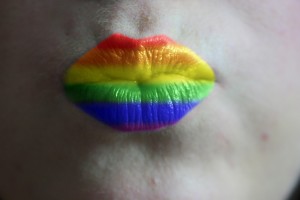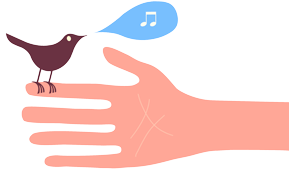Relationships and Families
 LGBTQ1 people have relationships and families and, like anyone else, may need therapy for relationship and family issues. Beyond the qualifications discussed in Parts 1 and 2, how do you know whether a therapist is qualified to help you and your LGBTQ family?
LGBTQ1 people have relationships and families and, like anyone else, may need therapy for relationship and family issues. Beyond the qualifications discussed in Parts 1 and 2, how do you know whether a therapist is qualified to help you and your LGBTQ family?
Skilled LGBTQ-friendly therapists for relationships and families are:
- Comfortable talking about all kinds of relationships. While some therapists would disagree, in my opinion, you can’t say you are LGBTQ-friendly when the only kind of relationships you see as legitimate are modeled on traditional heterosexual relationships. In the LGBTQ and straight communities there are all kinds of relationships — monogamous, non-monogamous, polyamorous, kinky, etc. In my opinion, any competent therapist should be willing and able to work with people in any of these kinds of relationships without assuming they are pathological.
- Supportive of you as a LGBTQ parent. They understand the particular struggles LGBTQ parents have and can help you to address them. They are aware of the challenges of being a non-gestational parent.
- Supportive of you as the parent of a child who is LGBTQ. They understand what is difficult for parents of LGBTQ children and are able to help you to be a good parent, ally and advocate for your child.
- Knowledgeable about resources for your family and relationships. They have ideas about where you can get the information and support you and your family need.
- Trained in assessing and addressing domestic violence and abuse in LGBTQ relationships. They know that abuse happens in LGBTQ relationships. They can distinguish between an abusive person and an abused person in a same-sex relationship. They understand the difference between consensual BDSM/kink and abuse. They can help you find the resources you need to be safe.
You deserve a therapist who is LGBTQ-friendly. I hope these blog posts might help you to find one.
- I recognize that LGBTQ is an imperfect way to refer to a diverse community of people. All too often, only some of those letters seem to count and the BTQ people get marginalized or neglected. In addition, there are lots of other letters and groups that could be added — intersex, asexual, polyamorous, questioning, etc. Despite the limitations of using an umbrella term, I am intending to be inclusive of all the letters here. [↩]
